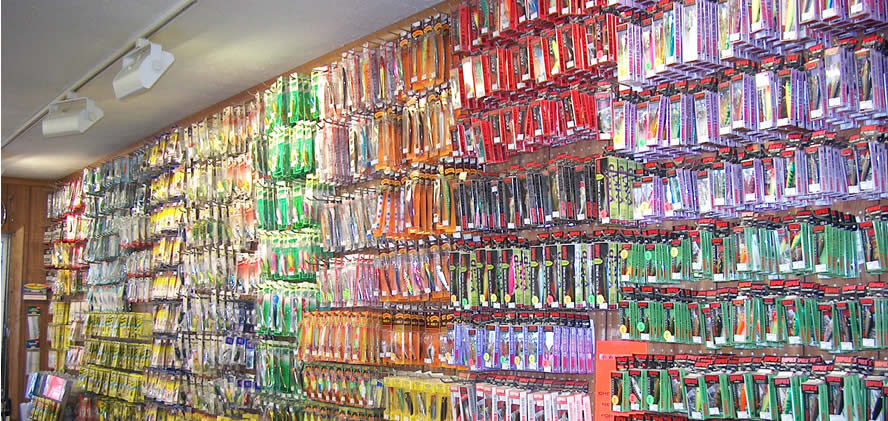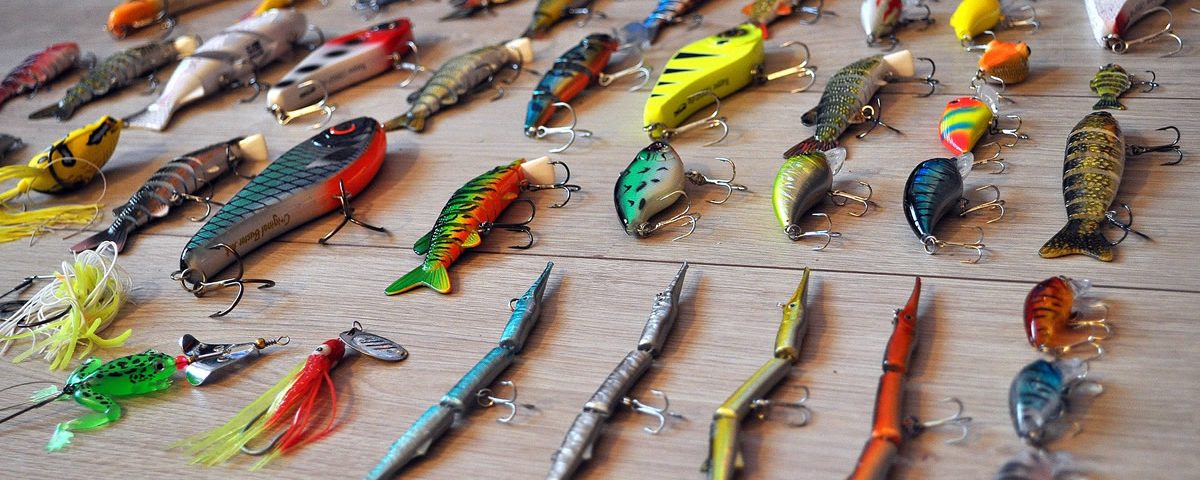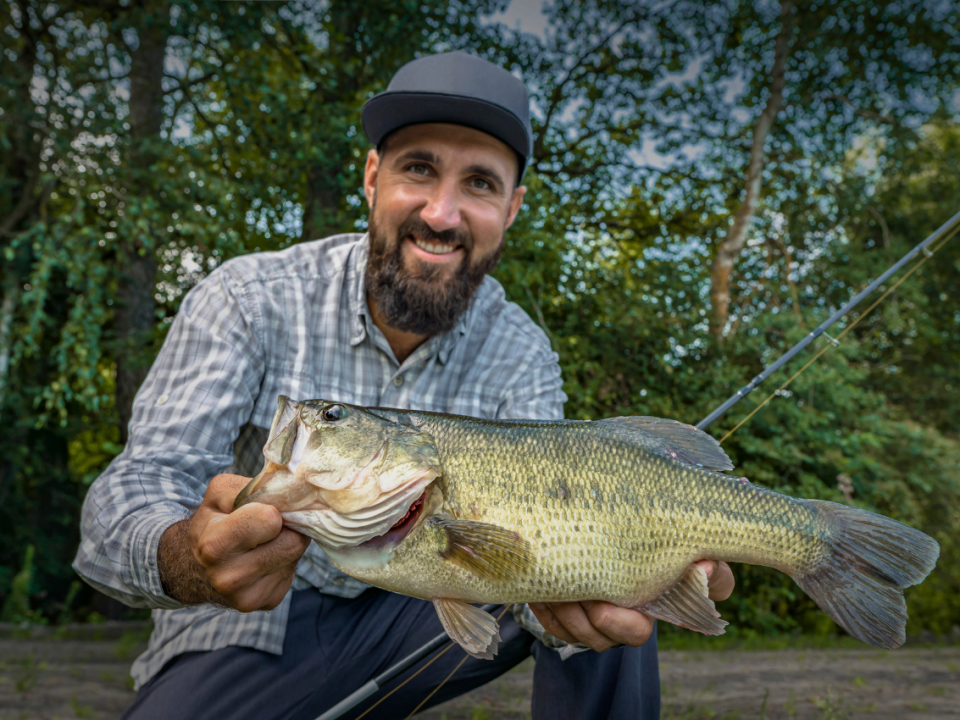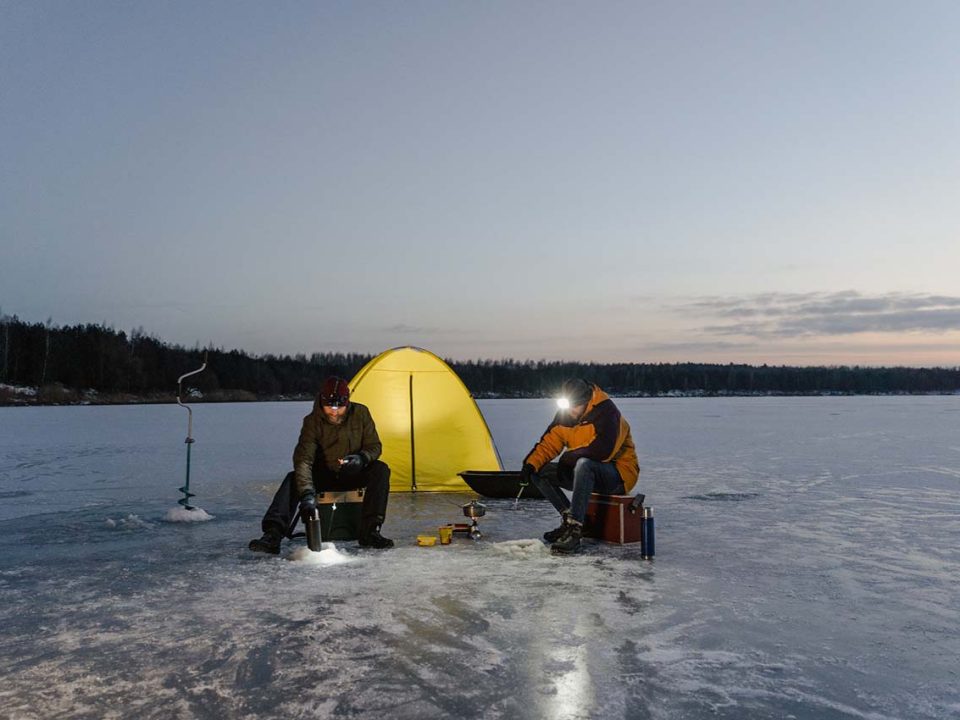Northerners, there’s nothing worse than watching the winter weather come rolling through, freezing up the lakes, and preventing you from doing what you love, bass fishing. But rather than curse the weather or wish we were moving down south, why not take some time to prepare for next year.
If you are a tournament angler, winter is the perfect time to start getting ready for the next season. All other sports have a pre-season, why not bass fishing? Here are a few things that you should do during the bass fishing offseason.
The first thing I do is start taking an inventory of all the things I need to replace for the upcoming season. This is very easy to do; just empty all your tackle and clean out your boxes and bags. Once the tackle is out on the table to start looking at what you used and what has to be repaired.
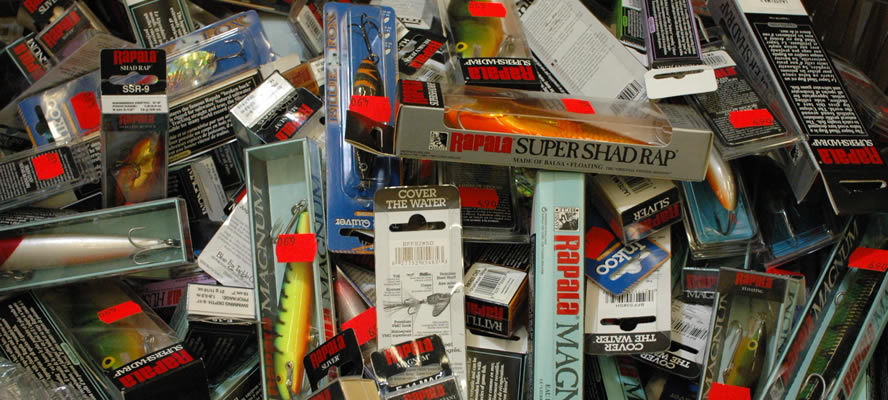
Every year it amazes me how many guys will get in my boat and not have or be able to find what they need at the beginning of the day. They will read about catching Bass, they will think about it, but they won’t be prepared come time to actually got out and fish.
First, I put together a list of what I have to order; forget all the new products, just concentrate on replacing and getting ready what will be needed for the following year. Get rid of all rusted hooks, split-rings, and terminal tackle.
Label Your Tackle and Equipment
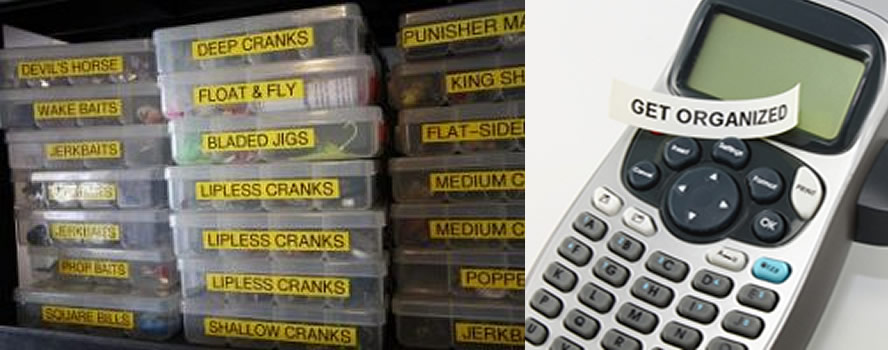
Once you have cleaned out your boxes put all the tackle that is ready to fish (sharpen every hook and set up every jig head) at this point half of your tackle should be off the table and neatly placed in labeled bags and boxes. I suggest investing in a label maker if you don’t already have one. Labeling saves you valuable time when fishing, and in order to be effective, you must get the most amount of pure fishing time on each trip. Bass fishing, and especially tournament fishing, is an efficiency test and those who win must make use of their time off the water to maximize your results on the water. Think about this, who has a better chance to win a dark horse, the guy who buys two tickets or the guy that buys twenty? Sure you could win with two but you put the odds in your favor with twenty.
Now that half your tackle has been labeled and is ready to be tied on and fished, take the other half, and change anything that is rusted. Blades, swivels, hooks, check the skirts on you spinnerbaits and jigs change any that you even suspect might give you a problem. Start thinking, “What do I have to replace” and write it down. For example, I know in a year I use at least fifty jigs and pork so I write down how many I will order. After I have a list of what I need to replace I start thinking about problems I experienced last season and any new places I will be fishing this year. This brings up a good point remember the rule location dictates presentation start off by thinking of a problem area and then look for a tool/lure to do it.
Now that our list of tackle is complete we can attack the new catalogs and buy what we need and have enough on hand to get us through the year. This might seem like a lot of work, but when you need something a day before a tournament and the closest place is 20 minutes away and the 99 cent jig is now three bucks, you saved all that money and running around.
Preparing is half the battle, you must prepare equipment and prepare mentally for every fishing opportunity because actual fishing time is so limited and your equipment must be taken out of what I call the variable pool. The Variable pool must be managed by everyone fishing it consists of two areas, ones that you control and ones that God controls. Everyone’s heard of acts of God or nature are things we can not control for example the weather, moon phase, or natural phenomena that occur at all times during life. These are variables that we must adapt to they are very unforgiving and will cause those who do not adapt to become extinct.
The other variable pool is well within your control, sharp hooks, having everything ready to fish, and any other thing you need to do to remove distractions both negative and positive distractions. One example I like to use was years ago I was fishing Oscawana Lake, NY in a tournament and had been doing well all day. I was using a Bluegill grub Texas rigged on 4# test with a 1/16oz slip sinker. The tiny grub was fished in twenty feet of water and I had about ten pounds of bass with an hour to go. What I needed was a bigger fish but as luck would have it, I hooked and broke off the fish I needed (I should have retied). When I looked at my watch I figured I had only another forty minutes to fish. So rather than taking the five minutes to retie I picked up another rod and began fishing trying to make the most of my time. For the next thirty minutes, I fished with good tackle and baits but never had the confidence I had in that little grub so I created a distraction that inevitably took me out of the game.
When it comes to on or off the water, remove all distractions. Do whatever it takes to keep yourself focused. Fixing your tackle removes a major source of distraction and worry.
Fishing Line
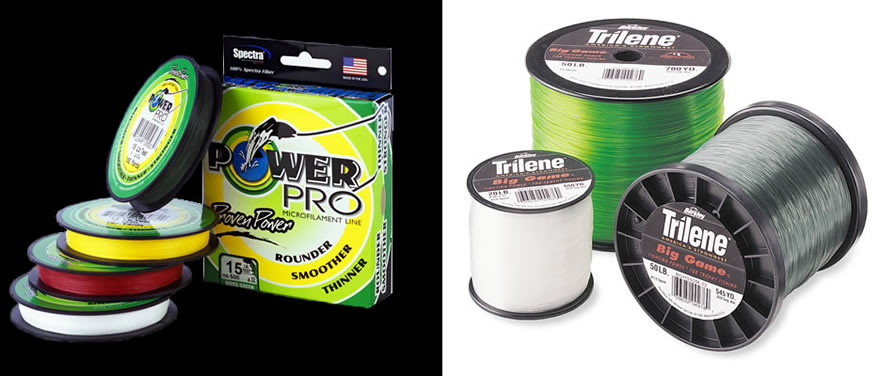
Now that you have a list of what you need to check your line supply and add bulk spools of line to the list. Buying line once a year in bulk again saves time and money. I change my line about every third trip so my line bill per year is about 150 dollars, but if you bought that one spool at a time it would cost three times that. As many of you have figured out those little spools only do two and a quarter reels so you constantly have 20 yards here 28 yards there but not enough to do anything with them (you would think by now line manufactures would figure out how to eliminate that problem rather than inventing that new super wire that can lift a truck up). For more about fishing line check out Fishing Line Basics.
While you have settled into my world of insanity replace or clean raingear and check all your boat tools to ensure that they are functional this includes life vests and ropes. Clean all your reels; oil, clean and spray all your rods with WD40 paying special attention to the guides and tiptop.
Now for the real work. Have you ever need a slider head or a jig head on the water and discovered the hook eye has been painted over? Here is the solution buy a bag of twenty or hundred and take them out and while you are watching the history channel special presentation “ THE HISTORY OF SOCKS” take a little tool called the EYEBUSTER and pop out the paint. Then sharpen them and put as many as you think you will use during a two-day trip in your box labeled. Ditto goes for changing hooks on crankbaits and blades on spinnerbaits.
Take out the jigs you are going to use trim the skirt and trim the weed guard put a little piece of worm on the shank of the hook if the jig you use has a past history of the dreaded skirt slippage put a dot of crazy glue on the shank as well to anchor the skirt than sharpen the hook and place in a small zip lock bag (available a most craft stores) label the bag and put a good supply in your box. A little tip when trimming the weed guard never trim from the top always leave the guard long but thin it out by cutting strands at the base. Weed guards do not cause the Bass to spit the bait, Bass are not big on eating mushy things everything they chomp on is spiny so a weed guard does not stop them from eating a jig. By leaving it long you actually make it easier for the bass to crush it in their mouth (It’s this lever or fulcrum principle).
Move on to pork take your pork’s out of their jar and place them on a block of wood, take a hammer and punch and pre-punch the existing hole to make putting pork on an easy and clean job.
The next thing I do is repaint any old crankbaits I have. I use model paint and my new favorite nail polish make two or three light coats and preheat the lure with a hairdryer or at a low temp in your stove, both prior and post painting than hit with a clear gloss poly coating.
We might be ready to go but first let’s get rid of anything we have not used in the last two years, Yeah right!!! I might get rid of my Banana yellow magenta tail worms, what if I need them?
Of course, after all this, there’s the trip to the tackle shop, because you can’t be fully prepared if you don’t have some new tackle to try out while you are out on the water.
